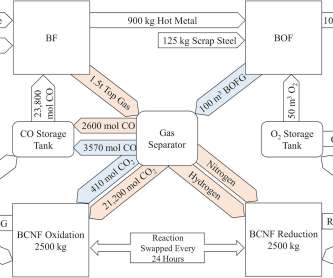DOE announces $64M for research into future coal power plants
Green Car Congress
FEBRUARY 8, 2020
The US Department of Energy (DOE) announced up to $64 million in federal funding for cost-shared research and development (R&D) projects under the funding opportunity announcement ( DE-FOA-0002057 ), “Critical Components for Coal FIRST Power Plants of the Future.”. —Assistant Secretary for Fossil Energy Steven Winberg.






































Let's personalize your content